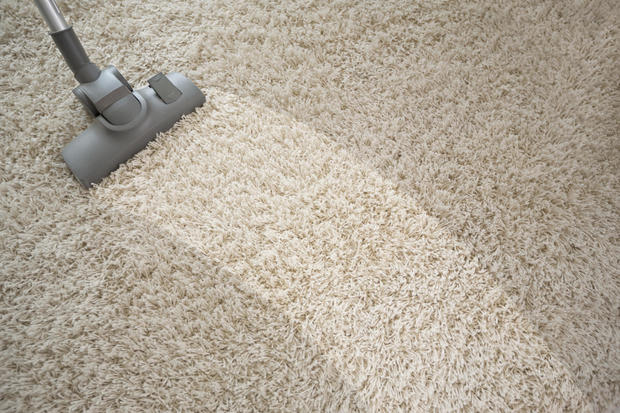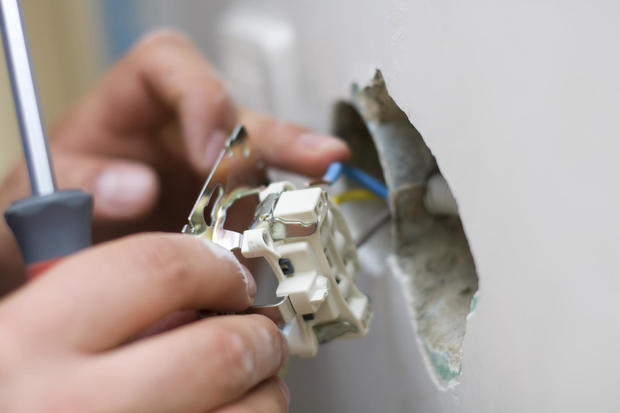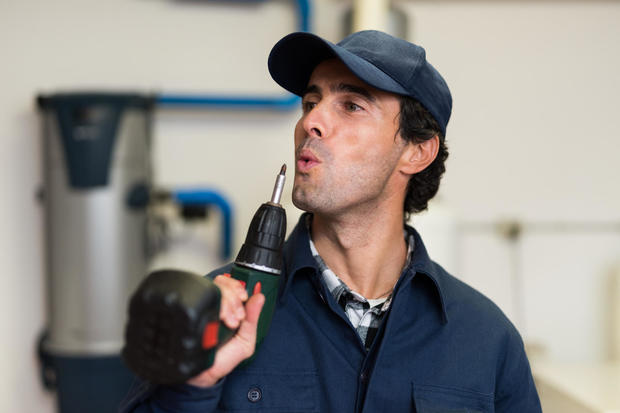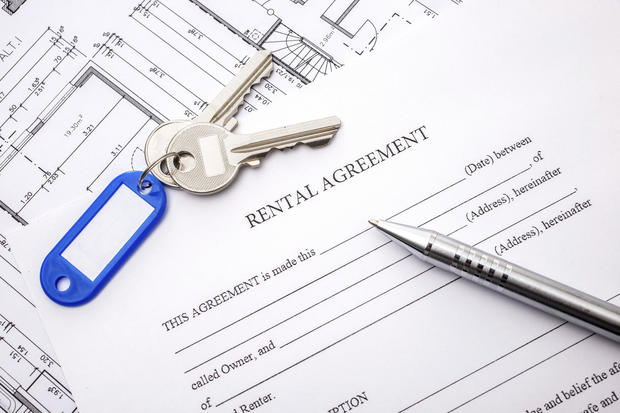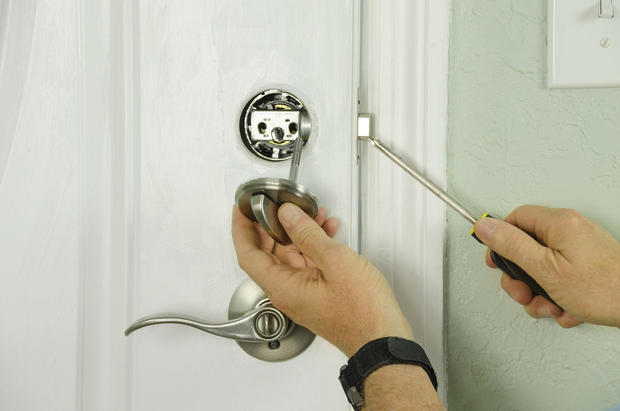Expenses your landlord should be covering
By Alaina Tweddale/GOBankingRates
Finally found the perfect rental? Before you celebrate, make sure you have a handle on which expenses you'll be expected to pay -- and which ones your landlord should pony up for.
Because nothing's ever easy, there are no cut-and-dry answers. Tenants' rights not only vary by state but by property type. Laws for rental properties nationwide might "differentiate between single family dwellings versus apartment buildings, or landlords who own multiple properties versus landlords who own a single property," said longtime landlord and frequent renter Kate Horrell. When in doubt, "read your lease to make sure you're not paying for things that are not your responsibility," she added.
When it comes to figuring out who pays for what, the rental agreement is usually the final word. "The best time to read your lease is before you sign it," said Mindy Jensen, community manager of real estate investment site Bigger Pockets. "The second best time to read it is now."
That said, here are the most commonly contested expenses you should probably expect your landlord to pay. Probably. Because nothing's ever written in stone -- although, it might be written into your rental agreement.
This post was originally published by GOBankingRates.
1. Normal wear and tear
When you live in a property for a year or more, it's just natural for things to get, well, worn, during the time you're there. Most landlords chalk that up to the cost of doing business. Still, "normal is a subjective concept," said Jensen. "Things like carpet wear after several years is considered normal; holes in the wall are not."
Still, there's lots of murky ground. What about damage caused by pets? Cracked tiles? Crayon on the wall? If there isn't a provision in your lease, you can be expected to pay.
2. Some repairs
This one is definitely a case where it pays to know your renter's rights when you first move in. According to the site FindLaw.com, landlord tenant law requires your landlord keep the rental property in a habitable condition. But what exactly does that mean? The building must be structurally sound, have hot and cold water, and safe plumbing, electrical and heating systems. At the same time, those renter's rights don't extend to leaky faucets, running toilets or torn window screens.
"Some landlords require the tenant to pay the first [certain dollar amount] of any repair. This isn't a policy I like or agree with," said Jensen. Why? The policy can cut down on frivolous repair requests, but it can also keep tenants from calling when there's a bigger problem, one that's potentially damaging to the property, "like a water leak," she added.
Your best bet is to talk to your landlord -- before you move in or sign the lease -- about any potential repair costs and who will be responsible for each. That way, you'll know up front what bill you'll have to foot, and your landlord can know you won't leave a plumbing leak unattended.
3. Maintenance
"Your landlord should be paying the cost of maintenance and repairs -- and a good landlord will practice preventive maintenance, like having the furnace, air conditioner and water heater inspected every season," said Jensen. Included in those maintenance costs should be necessary repairs for all the "appliances provided with the property," she added.
All of that is, of course, unless it says otherwise in your rental agreement. Even if you're sure a repair is covered by your landlord, don't pay for repairs without getting written approval from your landlord first. If you're hoping to get "repayment or rent reduction, that should also be in writing before the repair," said Jensen.
4. Special assessment fees
Properties with a homeowners association or within a condominium come with a whole extra set of questions. Who will pay the HOA or planned unit development fee? Do the governing associations allow renters in the first place? It's much better to find this out before you move in. No one wants to get footed with an extra bill, or get booted after they've hauled their furniture through a narrow front door or up a freight elevator.
Still, in most circumstances, who pays the HOA and PUD fees is up for debate. Still, if "a special assessment is levied, that should be the responsibility of the landlord, rather than the tenant," said Jensen. Special assessments can cost thousands of dollars, sometimes more, so the landlord's responsibility is well worth knowing about.
5. Pest control
Who pays the exterminator is a "frequent subject of debate," said Horrell, adding that "a thoughtful landlord has carefully considered the issue and included appropriate language in the lease."
Tenant screening service RentPrep.com offers further guidance, saying it's usually an issue of maintaining habitable living conditions. So, unless an infestation is caused by tenant behavior or action, the landlord is required to pay. So, if your dog's fleas get in the carpet, that's on you as the renter. But if you have mice from an adjacent grassy field, your landlord should pony up.
6. Safety measures
Most states, townships and municipalities consider it the landlord's responsibility to maintain a secure environment for tenants. That means the landlord should pay for a deadbolt and pin lock in the door handle as a standard precaution. If you're in a high-crime area, your landlord could be responsible for installing exterior lights and trimming tall hedges, so criminals have fewer unseen places to lurk.
Of course, when in doubt, check your rental agreement, which should spell out your rights. "Make sure you read through the entire thing, so you know what you are expected to pay. It should spell everything out, but if it doesn't, ask your landlord," said Jensen.
And remember, it's always best to hammer any potential issues out up front, before you sign the dotted line. Otherwise, you could wind up in a battle between the tenant and the landlord about who is responsible for what," added Horrell.
You've been properly warned. Now, go enjoy your new pad.
